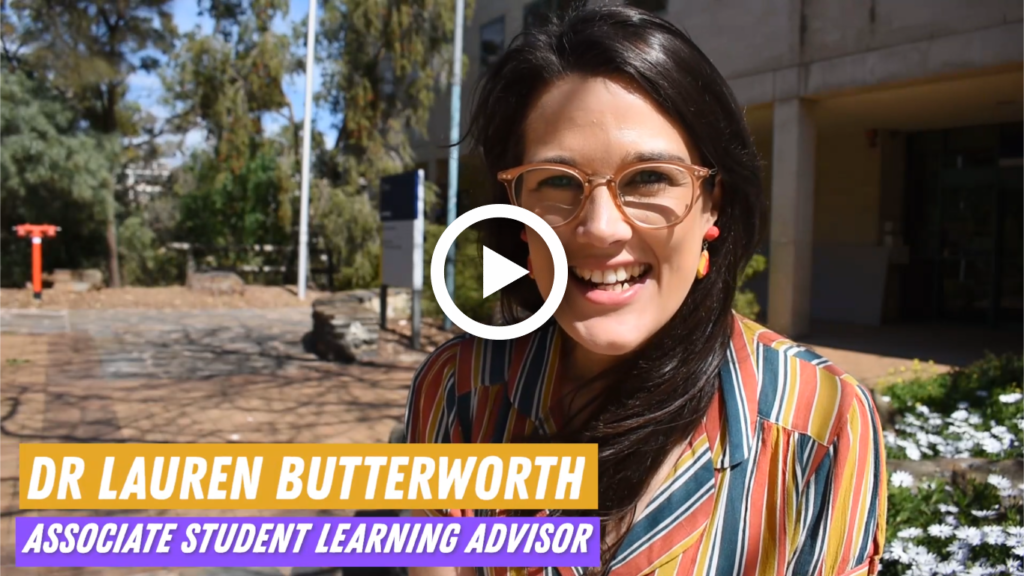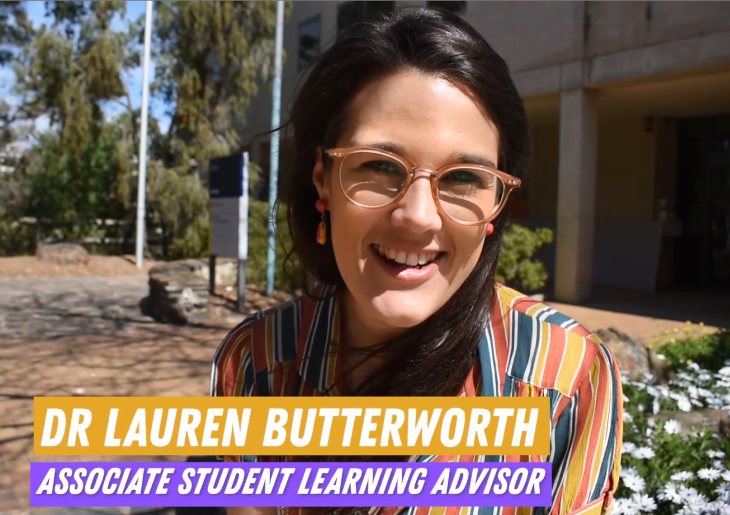
Hi Flinders Fam, it’s me Lauren with another episode of Like a Boss.
Today we’re asking the question R U OK? This year, 2020, it’s perhaps more than ever to reach out and connect to each other, listen to each other and ask are you okay? Am I okay? Are we okay?
Thursday the 10th September is R U OK day, a chance to remind ourselves about how we check in on each other. FUSA and Oasis are holding events the Student Hub and Plaza from 11-2. There’ll be freebies and prizes, stalls with cupcakes and succulents, and, of course, more information about how to check in and ask someone if they’re okay. There’ll also be a panel discussion that you can join online if you’d like to hear from the experts.
Speaking of experts, I enlisted a few form around the uni – Gareth Furber from Health, Counselling and Disability, Tammy Coleman-Zweck from Yunggorendi, and Graham Fordham from the Flinders Support Network – to find out about how we ask if someone is okay, how we listen, and how we check in, because knowing what to say and how to act on that information isn’t necessarily as easy as it seems!
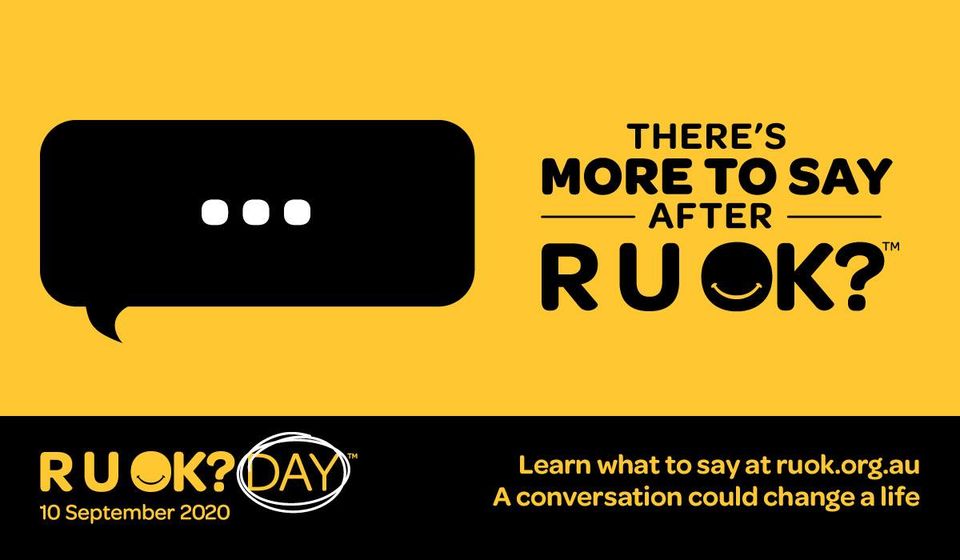
How do you know if you should ask someone if they’re okay?
Gareth: If you know the person well, you’re probably going to detect it in a change in their behaviour, a change in the way they’re talking, the way they’re describing how their day is. Maybe they seem down, depressed, or anxious. So, you’re looking for a change in what the normal pattern of behaviour is.
If you don’t know someone well, there’s no harm in asking someone about their day, the things that they’re working on, how things are going. People usually enjoy and appreciate being asked about their work, so I’d go with those two signs or options.
Tammy: This is a really interesting question because it really depends on the person and the circumstances. Sometimes you do want to follow up with people if you find out that they weren’t feeling very well yesterday, so you want to give them a call or check in on them. But if I’ve got someone who I know is struggling I’m going to follow up on them a little bit more regularly.
If you want to know more about how to recognise the signs that someone might not be okay, check out the R U Okay Day ‘Trust the Signs’ resources.
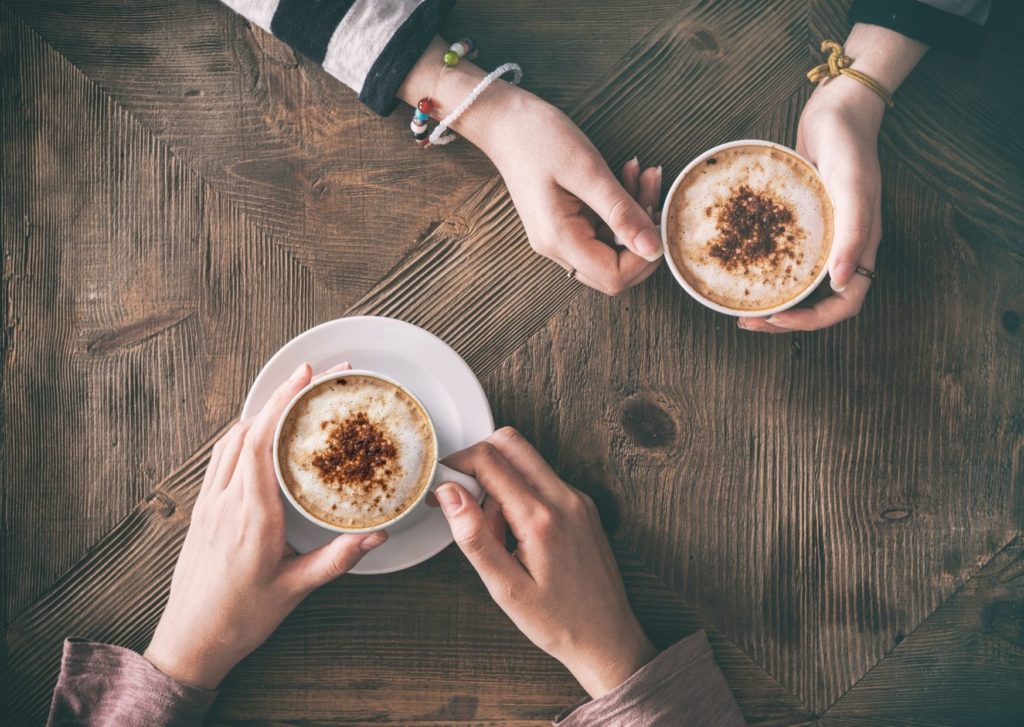
How do you ask someone if they’re okay?
Gareth: Most people are actually already doing this in their lives! So, it’s about asking someone how their day is, if you know different things that they’re working on, ask them about how their projects are going, how are your kids, how’s the family, what’s work like, what good movies have you found recently, or what are you watching at the moment? It doesn’t have to go specifically and immediately into, ‘are you okay?’ You’re not looking straight off for any kind of distress or problems.
Tammy: When you’re checking in on someone, it really depends on the individual. You know, if I’m checking in on my brother that’s going to be different to talking to someone I work with or if I’m talking to my sister or friend that’s going to be different again. So you’ve got your own ways of communicating with people so I would play to your strengths on that. If you’ve got friends who like text messages, go for text messages. If you’ve someone who will just go and meet you anytime for coffee, go for that option.
Find out more about how to ask someone if they’re okay here, including advice about picking your moment and some conversation tips.
How do you listen?
Gareth: We probably overcomplicate this one. One of the best ways to think about listening is that its less about what you should do and more about what you shouldn’t do. Don’t immediately go into advice giving mode, which the mode I tend to go into! Don’t’ immediately go into describing how you’ve got the same problem that they’ve got or bringing up an episode from your own life.
If you do basic counselling courses, you learn things like reflecting back what you’ve heard someone say. So, if you they tell you about their day and they tell you it was really stressful, you go, ‘okay so it was stressful, what was that about?’ Ask additional questions, inquire, and learn more information about what they’ve told you. Indicate that you’re listening by giving eye-contact.
Making sure you’re not doing something else, so you’re not looking at your phone or looking off into the distance, your body is orientated towards them, you’re nodding, and responding to the things they’re saying in a way that makes sense.

Tammy: Listening openly is about allowing the person to express what they’re feeling and just being there for them. Sometimes people just want to be able to talk to someone and that social connection is important.
We all want to feel socially connected somewhere and have a sense of belonging. For Aboriginal people, there is connection to land, language, family, and culture and I think that’s really important. None of us should feel like an island on our own, and that’s what it’s like for our students at Flinders. Aboriginal students, for example, they’re part of the Yunggorendi community, and for all students at Flinders, you’re part of the Flinders community and that’s a pretty special group to belong to.
How do you check in on someone?
Gareth: In the age that we’re in at the moment, for me it’s a lot of email and chat and text. I’ll know if I haven’t talked to someone in a while, I’ll send them a text, ‘hey, what are you up to? What’s interesting?’ If it’s someone I know well, they’ll understand what it is I’m asking.
If you’re working with people, a quick knock on the office door and a chat, or the lunchroom. All those opportunities for a chat, take them as much as possible. There’s nothing particularly different in that process nowadays except that most of our check ins will be digital in nature: SMS, Whatsapp, Messenger. Get on there and talk to them.
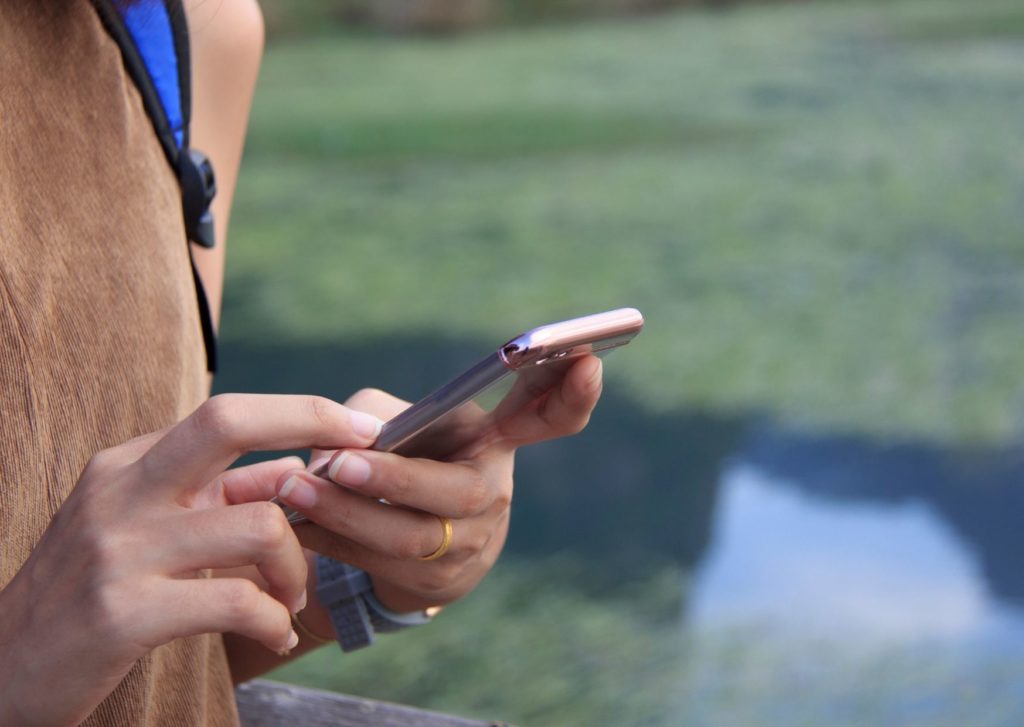
Tammy: As I said, phone calls and text messages are great – text messages are great for busy people. For Aboriginal people, health and wellbeing is looked at in a very holistic way, so it’s about caring for yourself, caring for family, caring for community, and caring for land as well. And with that comes a whole aspect of things around Aboriginal spirituality and what that looks like. So when we talk about wellbeing, we don’t talk about one thing in isolation, we look at the whole person and look at all of those important things that sit around that person to support them on their journey in life.
So those regular phone calls are really important to check in on friends and family, making sure that people are okay. And if I feel like maybe they are needing some extra help I’ll say to them, ‘is there someone else you can speak to like a counsellor, do you think you need that at the moment?’ That’s an opportunity for them to know that they can get some extra help if they need it.
Where can we go for help?
Graham: My name is Graham Fordham, I’m from the Student Experience Office here at Flinders and my role is a student support advisor. The Flinders Support Network has been going since 2018. I’ve been working for the Flinders Support Network for just over a year. The Flinders Support Network is that just in time phone call for students, or that just in time text messages to help them out with some of the decisions that they might need to make, or who need to reach out for some support but don’t know where to turn. I can recommend the support services that we’ve got and know what the support services do, so that I can make the right recommendation.
Another thing that’s very helpful at the moment is the new landing page. It has a really great resource for the support services that we’ve got: not just the Student Learning Support Service, not just Health, Counselling and Disability, it includes a real big range of support services, which can even include Flinders Sport and Fitness. The gym is perfect for stress release or to just take some time out from your study and look after you, because you are the most important part of this puzzle.
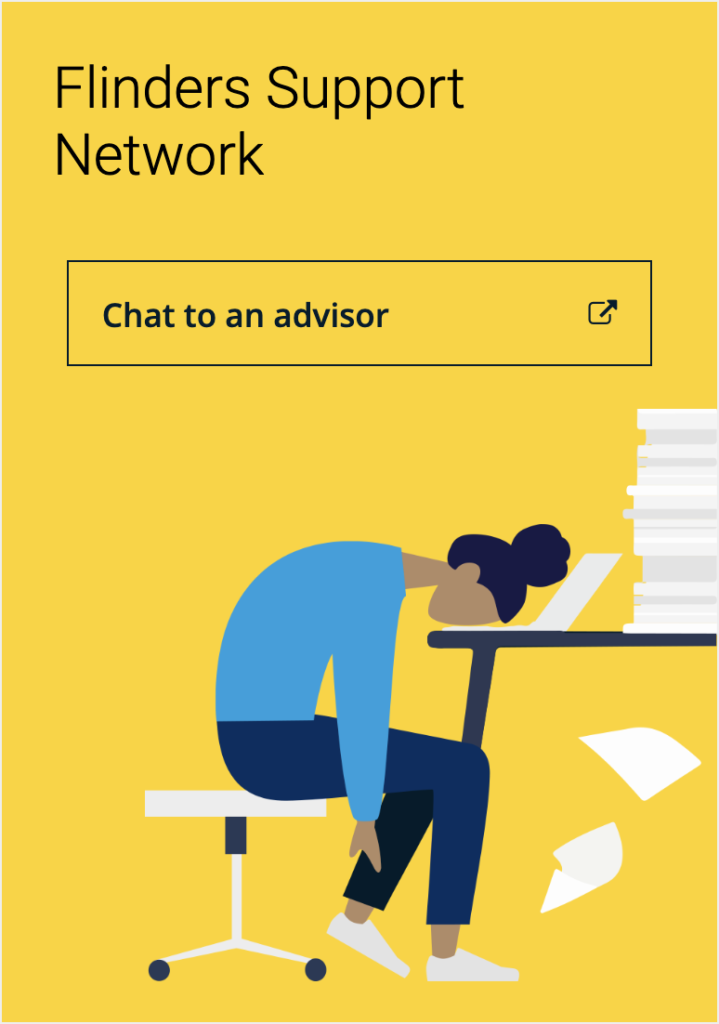
Where to from here?
Gareth: If you want to know more about some of the stuff I’ve been talking about, the best place to go is the Student Health and Wellbeing Blog. Subscribe and you’ll get updates from me and Health and Counselling and Disability services as a whole about the different events and programs we’re running.
Graham: To get in contact with the Flinders Support Network, you can type ‘Flinders Support Network’ into the search bar on the Flinders website, or find it on the current student landing page. It’ll be great to talk to you down the track even if it’s just for some general advice. But I really want to say well done for all your hard work this year, because it’s been a difficult year. If there’s anything you need, the Flinders Support Network is here for you.
Tammy: Just remember, you are a unique individual, you belong here, and you matter!
Thanks so much to Gareth, Tammy and Graham for their advice. Remember to check out the links below to get in touch with the Flinders Support Network and to follow the Flinders Health and Wellbeing Blog. Make sure you check out the range of activities happening on campus on Thursday the 10th and check out the panel discussion to see these guys chat even more about this important topic.
Resources:
R U OK website: https://www.ruok.org.au/
Flinders Support Network: https://students.flinders.edu.au/support/fsn
Health, Counselling and Disability: https://students.flinders.edu.au/support/hcd
Yunggorendi: https://students.flinders.edu.au/support/indigenous-student-support
Flinders R U Okay Day Event: https://www.facebook.com/events/316770642969508/
Student Learning Support Service: https://flo.flinders.edu.au/course/view.php?id=11825
Student Health and Wellbeing Blog: https://blogs.flinders.edu.au/student-health-and-well-being/


